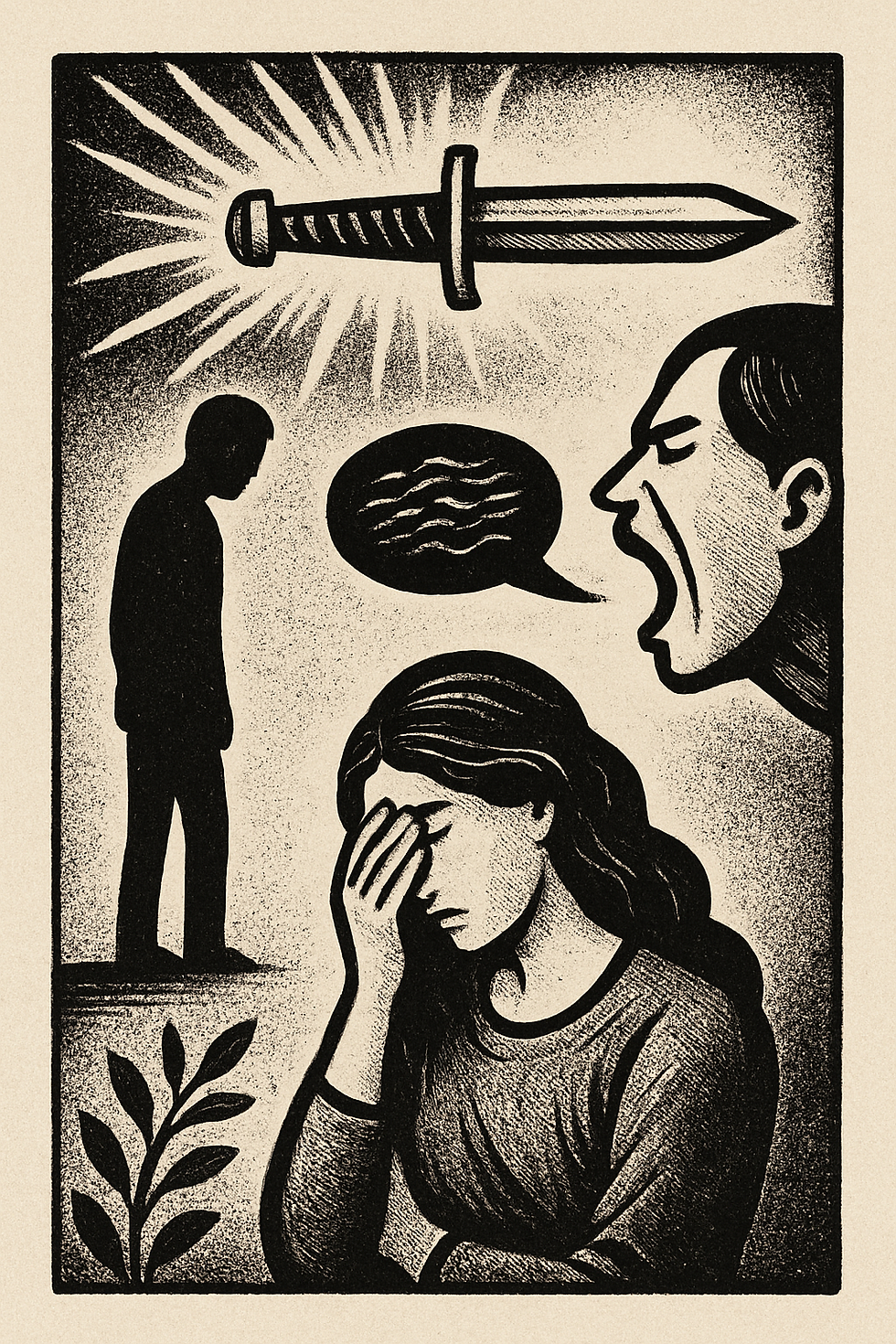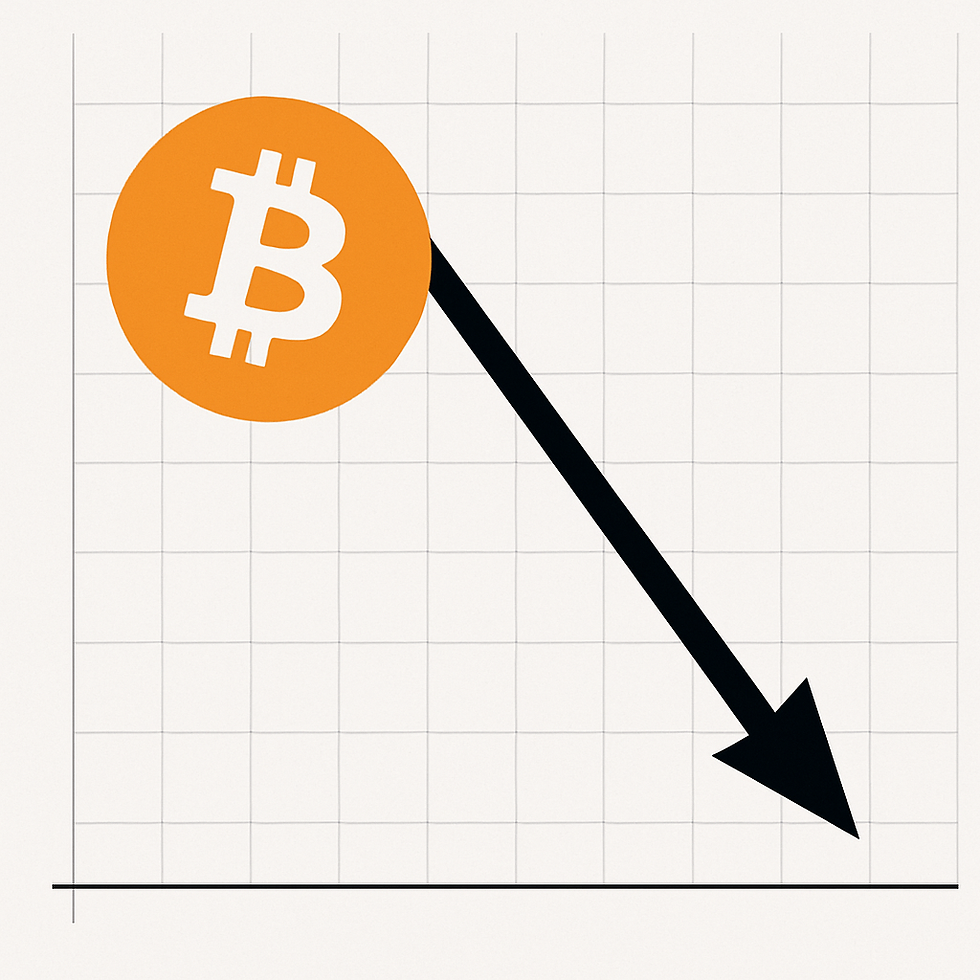The Unseen Blade: Words That Harm and the Wisdom of Restraint
- WireNews

- Aug 5
- 3 min read
by Ram ben Ze'ev

There is a teaching our sages delivered with sobering clarity: “Just as one may not wrong another in commerce, so too is it forbidden to wrong another with words.” This comparison, drawn from מסכת בבא מציעא (Masekhet Baba Metzia), exposes a profound truth—one we often ignore in our daily interactions. The pain of a financial loss may be measurable and reversible. The pain of a wound inflicted by the tongue, however, leaves no receipt and often no apology. It lingers, sometimes for a lifetime.
The Torah warns in דברים (Devarim, Deuteronomy) 24:14, “לא תעשוק שכיר עני ואביון” (You shall not oppress a hired labourer who is poor and needy). While this appears to concern physical or financial oppression, the חכמים (chakhmim, sages) taught us that the commandment applies equally—if not more so—to onaat devarim (אונאת דברים), verbal oppression. The wound left by humiliation, ridicule, or dismissiveness strikes at the soul.
ADVERTISEMENT: Your Portfolio Starts Here — Sign Up with Robinhood
The Hidden Meaning
Words are vessels. They carry not just meaning but kavanah (כוונה, intention), and therefore they carry energy—creative or destructive. Our sages likened hurtful speech to murder, not as poetic metaphor but as spiritual fact. One may not see the blood, but the soul is pierced nonetheless. Why else would the גמרא (Gemara) tell us that all gates are locked, save for the gate of tears? The pain caused by verbal cruelty flies directly to the Throne of Glory, unimpeded.
A convert, for example, is not only vulnerable in society but held dearly by G-D. To shame such a soul by invoking their past is to oppose the will of He who has brought them beneath the כנפי השכינה (knafey haShekhinah, wings of the Divine Presence). To do so is not merely offensive—it is spiritual sabotage.
And what of one's spouse? The sages remind us that the ברכה (berakhah, blessing) in a home flows through the merit of the wife. Tears she sheds in silence are not missed by the heavens. “Because her tears are frequent, her hurt is near,” teaches the Gemara. Even a Torah scholar—such as Rav Rechumi—whose delay caused his wife anguish, was held to account in the most severe way. From this, we learn that piety does not excuse insensitivity.
ADVERTISEMENT: Your Portfolio Starts Here — Sign Up with Robinhood
Modern Application
In our times, verbal aggression has become a currency—on social media, in politics, in homes. People celebrate “truth-telling” when it is often cruelty wrapped in self-righteousness. We allow ourselves to believe that if we are “technically correct,” then we are not morally responsible. This is falsehood.
We must ask ourselves daily: Do my words elevate or degrade? Does my tone preserve dignity or strip it away? If we cannot restore what we’ve taken with a word, we must not speak it.
For men, the lesson is even sharper. Many use their voices—consciously or not—as weapons against those closest to them. Humiliating a wife, even with a joke, is not humour. It is violence. And the cost is not just emotional—it is spiritual. One who causes tears is held to account for each drop.
ADVERTISEMENT: Your Portfolio Starts Here — Sign Up with Robinhood
A Reflection for Daily Life
Every day, we are presented with moments of speech: to respond, to correct, to jest, to rebuke. Let us remember the teaching of the חכמים (chakhmim): silence can be golden not because it hides ignorance but because it preserves peace. Let us honour our spouses, our children, our neighbours, and especially the vulnerable—whether a convert, a newcomer, or someone who simply does not know.
In a world obsessed with being heard, let us be obsessed with speaking only when it heals.
May we merit the blessing that dwells in a home of dignity, and may our words build, not destroy. And let us always remember: it is not only what we say that matters, but how, when, and why we say it.
>>>> BUY ME A COFFEE <<<<
###
Bill White (Ram ben Ze'ev) is CEO of WireNews Limited, Mayside Partners Limited, MEADHANAN Agency, Kestrel Assets Limited, SpudsToGo Limited and Executive Director of Hebrew Synagogue








